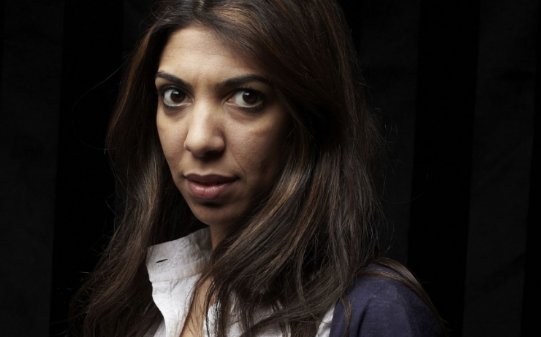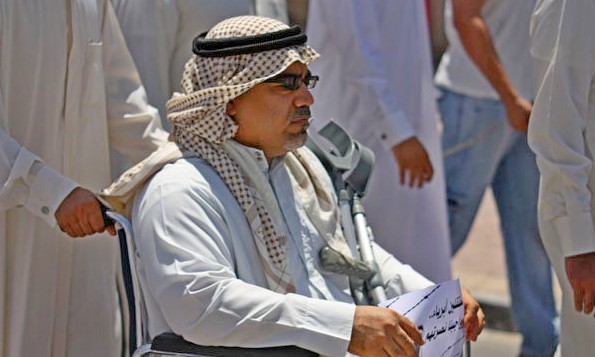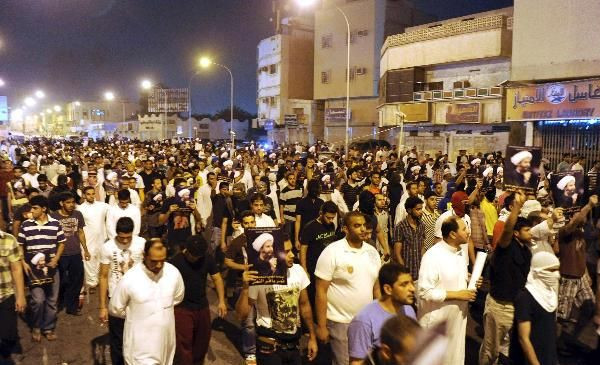On 29 June 2016, various internet users in the United Arab Emirates (UAE) reported that Middle East Eye, an online news organization, was blocked by Emirati authorities. Internet users in the country receive the following official message when attempting to visit the website: “Access to this site is currently blocked.” Middle East Eye notes that[…]
In 2011, Nazeeha Saeed, a journalist, arrived at the Pearl Roundabout to report on the protests. Later, Bahraini officials called her in for an interrogation where she suffered abuse. Now, in 2016 Saeed continues to be punished by the government for her coverage of the 2011 protests in the form of an unofficial travel ban.[…]
Cyberactivists, those who organize, document or participate in political protests and social movements through online communications, played a large role in the Arab Spring uprisings of 2011. The widespread use of social media websites, including Twitter and Facebook, allowed citizens abroad to shed light on the practices of oppressive governments in the Middle East and[…]
UPDATE 7/5/2016: ADHRB has received reports that Dr. al-Singace has since been able to contact his family. It remains unclear if his health has improved. Americans for Democracy & Human Rights in Bahrain (ADHRB) has learned that communication has been severed between Bahraini prisoner of conscience Dr. Abduljalil al-Singace and his family. For the last[…]
Shia cleric Sheikh Nimr al-Nimr was not always a prominent cleric in Saudi Arabia, but by the time of his execution on 2 January 2016, he had become a symbol of Shia demands for political equality. He began to rise in prominence and popularity in the wake of confrontations between Shia pilgrims and the Saudi[…]








